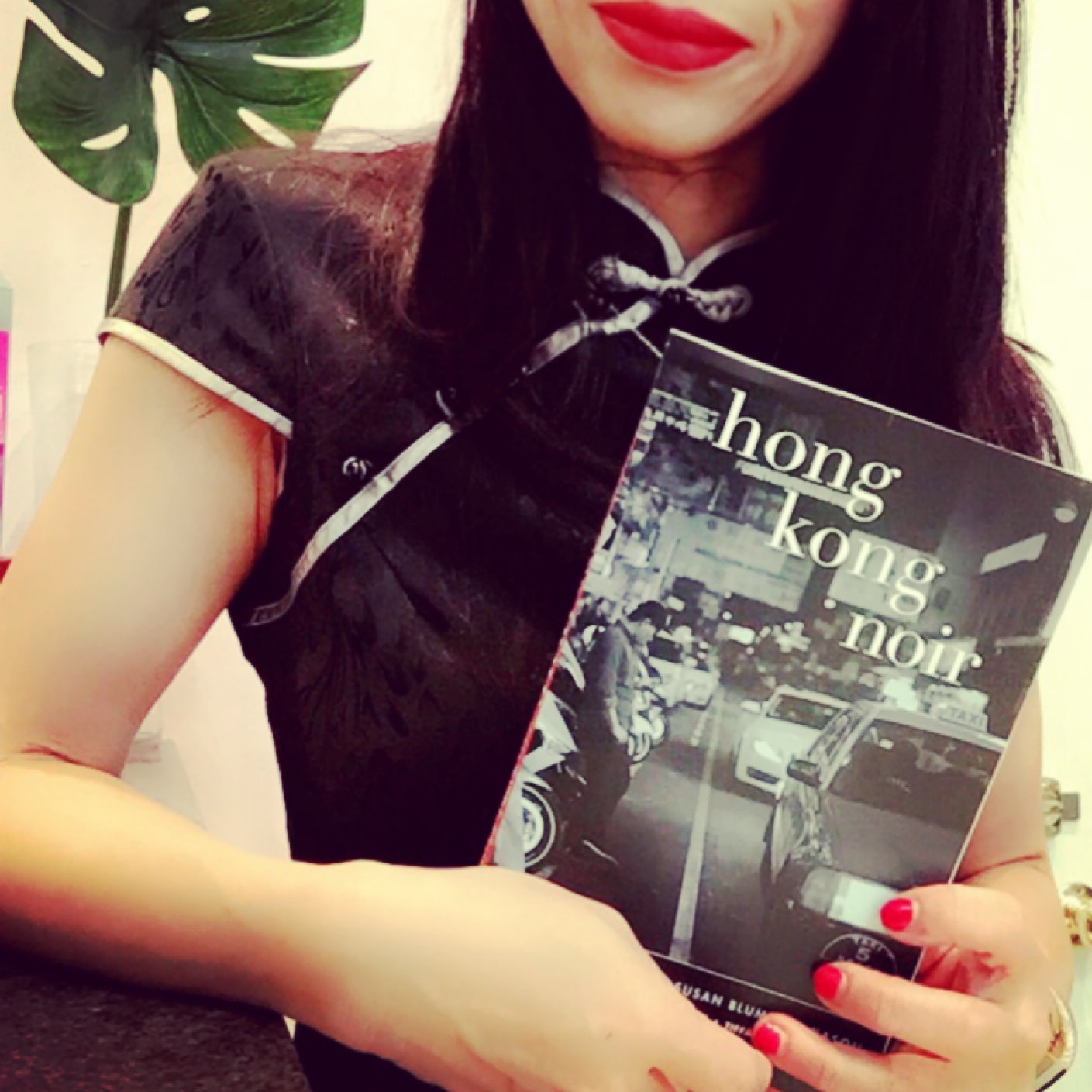Hong Kong Noir cannot be read quickly. You have to keep putting it down after every story and breathe in. This is because of the very rich, evocative and powerful storytelling. There are 14 stories in this collection, and as you know, 14 is unlucky in Chinese because it sounds like sut sei (must die). The readers’ expectation is that this collection is a decadent box of chocolates – dark, bitter and ominous, as noir should be.
I have always been a fan of noir fiction. I like it so much I wrote a noir novel. The key features of classic noir are: gritty, believable yet unbelievable characters, sparse prose, underlying terror or horror, a sense of the macabre, black humour and moral trajectories of the hero/antihero. You do not know quite what is good or evil and yet you care. The twist is coming. You want to be there when it comes because nothing is what it seems. The questions always raised are what happens to the bitter, flawed, stupid or bad? Or are they actually naive, perfect, clever and good?
These 14 stories have been divided into 4 parts. Thematically, these correspond to the big themes in Chinese culture. Hungry Ghosts and Troubled Spirits, Obedience and Respect, Family Matters, Death and Thereafter. It is cyclical and symbolic of life itself – from ghosts to death. Jason Ng’s Ghost of Yulan Past kicks off the stories, where a young man is obsessed with the promise of a ghost encounter in a temple. In Xu Xi’s TST, “wandering, exhausted, famished ghosts with no hope of rest” are the spirits of dead whores who need to become women and not “pigs to be hosed down and sold”. “You Deserve More” by Tiffany Hawk, set in the expatville of Lan Kwai Fong, was a moving story about an unhappy American wife of a successful businessman, who revisits Hong Kong and looks up her Chinese ex-lover, and the devastating consequences of the rendezvous.
Christina Liang’s fabulous “A View to Die For” reminds me of the woman-who-has-it-all character type: professional and successful Chinese career woman educated in the West but comes back to work in Asia. A seemingly powerless mom and housewife next door sees this epitome of the successful woman as a betrayal of the sisterhood, robbing her child’s innocence and therefore hers. Rhiannon Jenkins Tsang’s “One Marriage, Two People” set in a tiny flat in Ma On Shan raises the cultural conflicts of the handover, the fear and entrapment of two worlds – the effete, bourgeois colonial one and the modern Chinese pragmatic, even harsh, way of life. Incidentally in the introduction this story had the title “One Country, Two People”.
Fourteen by Carmen Suen is an utterly gripping and heartwrenching story of the escape of friendship. Two girls become friends in the Wah Ming House of the Wah Fu estate in tiny council flats, growing up in poverty, the older girl being in a single parent family. Lit “Fun was as much a luxury as privacy. When you’re poor, you learn to live without both.”
At times heartwarming and at others, stomach churning, Hong Kong Noir is a shadowy, thoughtful anthology, a visceral tour de force of the murky alleyways of Hong Kong’s past and present.
Ivy Ngeow was born and raised in Johor Bahru, Malaysia. She is of Malaysian Chinese origin and the author of two novels. Cry of the Flying Rhino (Proverse Hong Kong), winner of 2016 International Proverse Prize, is her debut set in Malaysia and Borneo. Her second novel Heart of Glass (Unbound UK) is noir fiction set in Chicago and Macau. She is fond of margaritas, seafood tacos, thrift stores, Americana and all things vintage. She lives in London in her ‘third culture’ and is working on her third novel.
#heartofglass #cryoftheflyingrhino Tweet me: @ivyngeow
